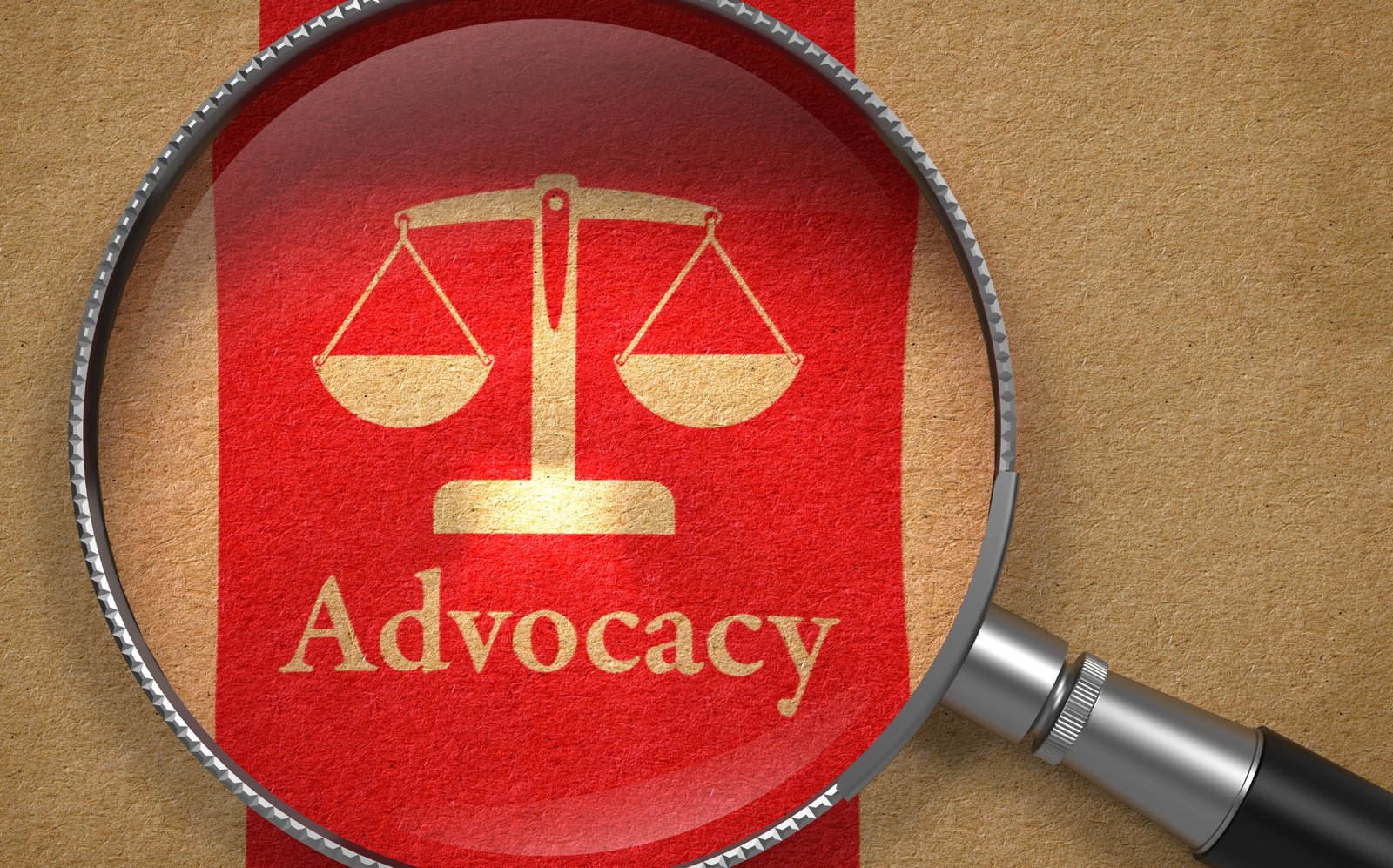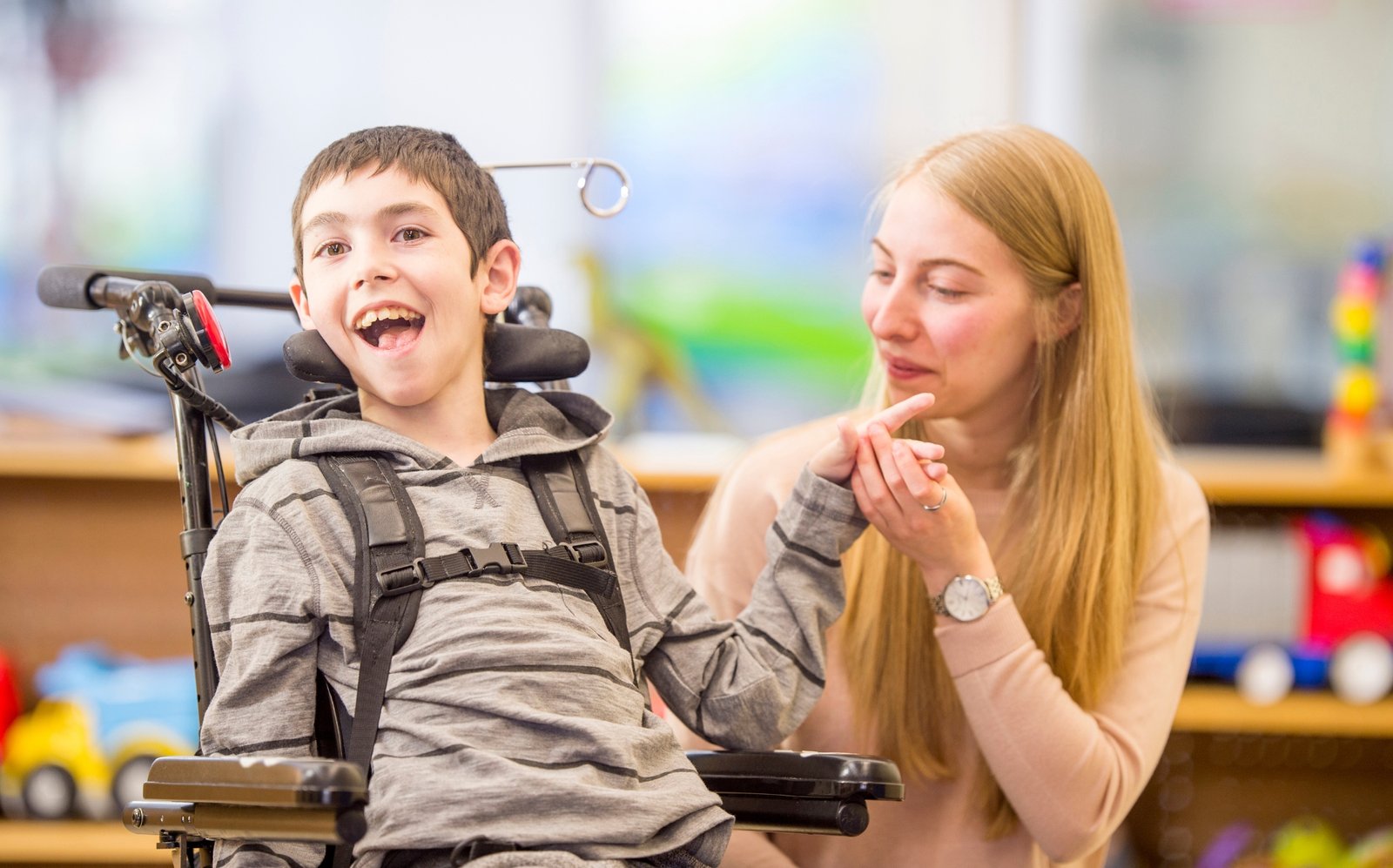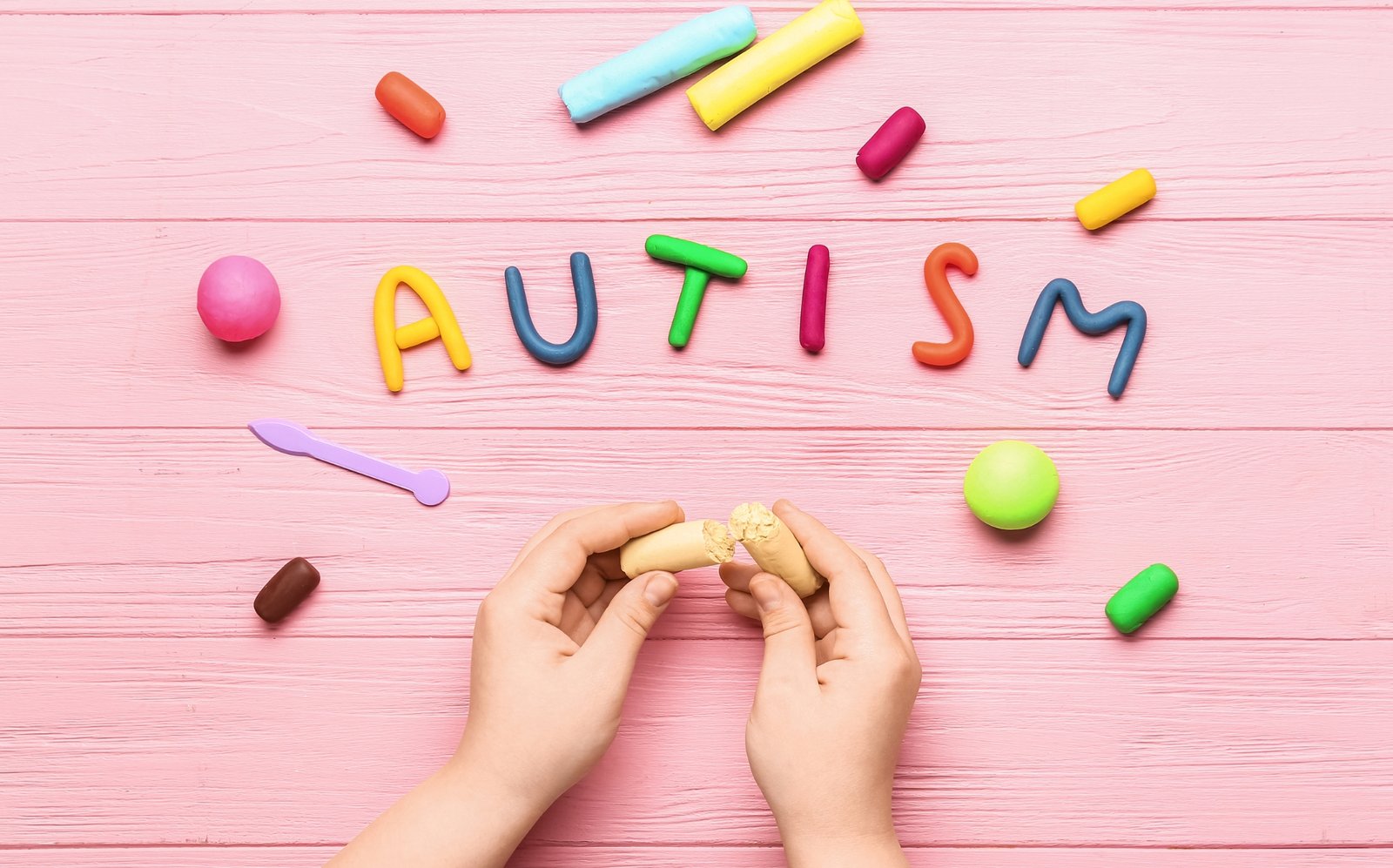
Community Advocacy: Championing Your Special Child’s Rights
Community advocacy plays a pivotal role in championing the rights of special children and ensuring that they receive the support, opportunities, and care they deserve. Special children, often dealing with physical, intellectual, or developmental challenges, require an environment that is inclusive, empowering, and sensitive to their needs. Community advocacy involves raising awareness, advocating for policy changes, and fostering a culture of acceptance that empowers special children and their families.
Community advocacy refers to the proactive efforts undertaken by individuals, groups, or organizations within a local community to promote social change, address issues, and influence policies that impact the well-being and interests of community members. It is a grassroots movement that empowers ordinary citizens to voice their concerns, collaborate with others, and work towards positive transformation.
Community advocacy is a dynamic and essential force for social change that empowers individuals to stand up for their rights, interests, and well-being. By engaging with decision-makers, building alliances, raising public awareness, and working toward systemic change, advocates can contribute to a more just, equitable, and inclusive society. Through their persistent efforts, community advocates embody the spirit of civic engagement and democracy, shaping the future of their communities for the better.
Understanding Special Children and Their Rights:
Special children encompass a diverse group with a wide range of abilities and challenges. These challenges can be physical, such as mobility impairments, sensory impairments, or chronic illnesses. They can also be intellectual or developmental, including conditions like autism, Down syndrome, or cerebral palsy. Recognizing the rights of special children is essential for promoting their well-being, dignity, and quality of life. These rights include access to education, healthcare, social inclusion, and protection from discrimination.
Every child is unique, and this uniqueness extends to children with special needs. These children, often referred to as “special children,” have diverse abilities, challenges, and requirements. Understanding their needs and rights is crucial to creating an inclusive society that ensures their well-being and development. In this context, it’s important to delve into the concept of special children, the challenges they face, and the rights that are designed to protect and empower them.
Special children encompass a wide range of individuals with various disabilities, including physical, intellectual, sensory, and developmental disabilities. These children may have conditions such as autism spectrum disorder, cerebral palsy, Down syndrome, hearing or vision impairments, and more. It’s important to recognize that these conditions don’t define the entirety of their identity; they are unique individuals with their own personalities, talents, and aspirations.
One of the significant challenges faced by special children is social stigma and misconceptions. Society sometimes misunderstands their conditions, leading to exclusion, discrimination, and stereotypes. This can hinder their participation in education, social activities, and community life. Therefore, raising awareness and promoting acceptance is vital to break down these barriers.
In many parts of the world, there has been a growing emphasis on the rights of special children. The United Nations Convention on the Rights of the Child (CRC) and the Convention on the Rights of Persons with Disabilities (CRPD) are two key international frameworks that underscore the rights of all children, including those with disabilities. These conventions advocate for the rights to education, healthcare, protection from discrimination, and participation in decision-making processes.
The right to education is a cornerstone of these conventions. Special children have the right to inclusive education, which means they should be able to access quality education in mainstream schools alongside their peers without disabilities. Inclusive education not only benefits special children by fostering their academic and social development but also promotes understanding and empathy among all students.
Healthcare is another critical aspect. Special children often require specialized medical attention, therapy, and interventions. Their right to healthcare necessitates equal access to appropriate services without discrimination. Moreover, families of special children should receive the necessary support and guidance to care for their children effectively.
Protection from discrimination is an essential right that ensures special children are not marginalized or excluded due to their disabilities. This protection extends to various spheres, including access to public spaces, transportation, employment opportunities, and participation in cultural and recreational activities. It’s imperative for societies to implement policies that prevent discrimination and promote inclusivity.
Empowering special children to participate in decision-making processes concerning their lives is also a fundamental right. Their opinions should be taken into consideration when decisions are made that affect them directly. This not only fosters their sense of agency but also encourages their active participation in society.
Importance of Community Advocacy:
Community advocacy serves as a bridge between special children, their families, and society at large. It addresses the gaps in understanding, accessibility, and support that can often hinder the progress of special children. By engaging in advocacy efforts, communities can work towards breaking down barriers and promoting an environment where every individual, regardless of their abilities, is treated with respect and provided equal opportunities.
Raising Awareness:
Advocacy begins with raising awareness about the challenges faced by special children and their families. This can involve organizing workshops, seminars, and awareness campaigns that shed light on the unique needs and abilities of these children. By dispelling myths and misconceptions, communities can foster empathy and encourage a more inclusive mindset.
Empowering Families:
Families of special children often face tremendous emotional, financial, and logistical challenges. Community advocacy involves providing these families with the necessary information, resources, and support networks to navigate these challenges. This could include connecting families with support groups, counseling services, and legal assistance to ensure that they are well-equipped to advocate for their child’s rights effectively.
Policy Advocacy:
One of the most impactful aspects of community advocacy is influencing policy changes at the local, regional, and national levels. Advocates work closely with lawmakers, government agencies, and educational institutions to promote policies that guarantee the rights and well-being of special children. These policies might involve ensuring accessible infrastructure, inclusive education models, healthcare services, and anti-discrimination measures.
Inclusive Education:
Education plays a fundamental role in the development of special children. Community advocates strive to promote inclusive education systems that cater to the diverse needs of these children. This involves advocating for accessible classrooms, specialized teaching methods, and an environment that fosters understanding and acceptance among peers.
Fostering Acceptance:
Creating a culture of acceptance is a crucial goal of community advocacy. By organizing events, workshops, and awareness campaigns within the community, advocates encourage dialogue and interaction between special children and their typically developing peers. This not only breaks down stereotypes but also cultivates a sense of empathy and friendship that extends beyond the advocacy efforts.
Collaboration and Networking:
Community advocacy is most effective when stakeholders collaborate and pool their resources. Advocacy organizations, schools, medical professionals, and local authorities can work together to create a comprehensive support system for special children. By sharing knowledge and expertise, these stakeholders can develop innovative solutions and strategies that address the unique challenges faced by special children.
Challenges and Overcoming Them:
While community advocacy for special children is crucial, it is not without its challenges. Stigma, lack of awareness, and insufficient resources can hinder progress. Overcoming these challenges requires persistent efforts, continuous education, and collaboration among diverse groups. Advocates must work to change societal attitudes, engage in dialogue with skeptics, and secure funding for initiatives that benefit special children.
Celebrating Achievements:
Community advocacy yields tangible results that positively impact the lives of special children and their families. When policies are changed, schools become more inclusive, and societal attitudes shift towards acceptance, advocates can celebrate these achievements as steps towards a more equitable and compassionate society. Recognizing these successes is essential for maintaining momentum and inspiring further change.



